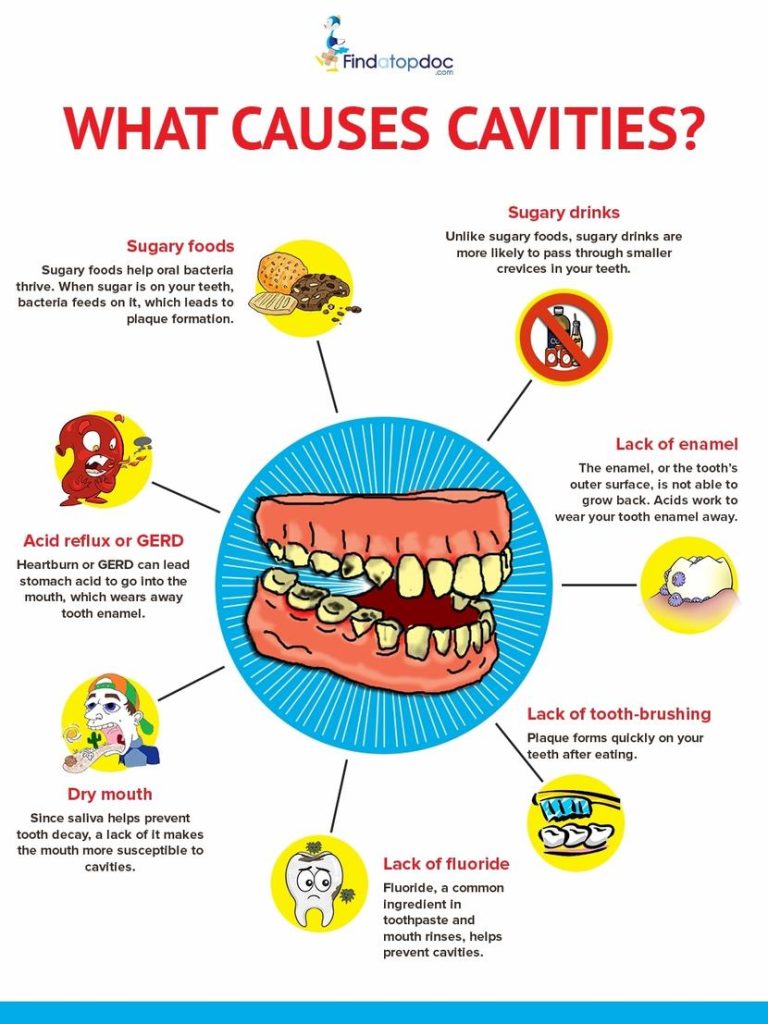

Tooth decay, a common oral health issue, continues to plague individuals even with diligent dental care. This article delves into the mystery behind persistent cavities, exploring the hidden factors and providing actionable solutions to maintain healthy teeth and gums. Understanding the complexities of tooth decay is crucial in taking control of your oral health. We’ll explore common causes, preventative measures, and how a proactive approach can prevent future cavities. This comprehensive guide is structured as follows: first, we’ll analyze the common causes of tooth decay, including diet and oral hygiene habits. Next, we’ll address the role of genetics and underlying medical conditions. Lastly, we’ll provide practical strategies for preventing cavities and maintaining healthy teeth and gums.
Unveiling the Culprits: Common Causes of Tooth Decay
Dietary Habits and Their Impact
Many fail to recognize that dietary choices significantly impact oral health. Sugary and acidic foods and drinks erode tooth enamel, creating openings for harmful bacteria to flourish and lead to cavities. Frequent snacking on sugary treats without adequate oral hygiene can accelerate this detrimental process. For example, individuals with a penchant for sugary snacks between meals or who consume sugary drinks throughout the day without brushing afterward are more prone to enamel erosion and subsequent decay. Furthermore, prolonged exposure to acidic foods, like citrus fruits and carbonated drinks, weakens tooth enamel, making it susceptible to cavities. Moreover, the frequent consumption of sticky or hard candies, and not adequately rinsing or brushing, creates a perfect environment for plaque buildup which leads to cavities. Studies have shown a strong correlation between high sugar intake and the incidence of tooth decay.
The Role of Oral Hygiene Practices
Neglecting Essential Brushing and Flossing
Despite routine dental checkups, poor oral hygiene practices can contribute to the persistent problem of cavities. Insufficient brushing and flossing allow plaque buildup to accumulate, a prime breeding ground for harmful bacteria. Neglecting to brush thoroughly after meals and snacks allows food particles and sugar to linger, promoting the growth of bacteria that produce acids that erode tooth enamel. Consequently, inadequate flossing allows food particles to become lodged between teeth, further exacerbating the issue and contributing to the formation of cavities. Individuals who don’t floss regularly may also experience gum disease, another factor linked to increased risk of cavities. A simple yet effective solution is to implement a regular and thorough oral hygiene routine, including at least two minutes of brushing twice a day and flossing at least once a day.
Genetic Predisposition and Medical Conditions
Family History and its Significance
Some individuals have a genetic predisposition to cavities. Family history often plays a significant role in the susceptibility to tooth decay. This suggests a hereditary component that influences enamel thickness, saliva flow rate, and the responsiveness of the oral microbiome to bacteria. Individuals with a family history of cavities may be more susceptible to dental problems and require extra attention to their oral health. Moreover, certain medical conditions, such as dry mouth, can make it difficult to effectively fight off bacteria that lead to cavities. Reduced saliva production due to conditions like Sjogren’s syndrome can result in a higher risk of tooth decay. Additionally, medications, such as those for acid reflux or certain allergies, can negatively impact oral health and increase the likelihood of developing cavities.
The Importance of Regular Dental Checkups
Proactive Diagnosis and Treatment
Regular dental checkups are essential for proactively detecting and addressing potential problems early on. Dentists can identify early signs of tooth decay and cavities through visual inspections and X-rays. Early detection allows for prompt treatment, preventing the issue from escalating into more serious problems like root canals or crowns. Furthermore, regular checkups provide an opportunity to discuss oral hygiene habits and receive personalized recommendations for better oral care. This proactive approach can significantly reduce the likelihood of developing cavities and other oral health issues. Early intervention can often prevent the need for extensive dental work in the future. Many insurance companies also provide coverage for routine dental checkups, making them a financially sound investment.
Managing Stress and its Impact on Dental Health
Stress’s Connection to Oral Health
Chronic stress can negatively affect overall health, including oral health. Stress has been linked to a weakened immune system, making individuals more susceptible to bacterial infections, including those that cause tooth decay. Additionally, stress can cause changes in saliva production and oral microbiome balance, which can further exacerbate the risk of cavities. Maintaining healthy stress management practices can indirectly benefit oral health. Implementing stress reduction techniques like meditation, yoga, or spending time in nature can help maintain a healthy immune response, reducing the likelihood of cavities.
Q: How can I improve my oral hygiene practices to minimize the risk of cavities?
A: Maintaining excellent oral hygiene is key to minimizing the risk of cavities. Rinsing and brushing at least twice a day for two minutes and using interdental cleaners to remove food particles lodged between teeth are essential. Furthermore, consider using fluoride toothpaste and mouthwash, and consider the type of diet you eat, including the types of food and beverages you consume. Regular dental checkups and professional cleanings provide the necessary support to maintain good oral hygiene.
Q: Are there any underlying medical conditions that could contribute to tooth decay?
A: Yes, certain medical conditions can contribute to tooth decay. Conditions that impact saliva production, such as Sjogren’s syndrome, make it challenging for the mouth to naturally fight off bacteria, potentially increasing the risk of cavities. Similarly, some medications can decrease saliva flow, further raising the risk. It’s vital to communicate any underlying medical conditions to your dentist for tailored advice and potentially more proactive management strategies to minimize the risk.
Frequently Asked Questions
Q: What are the primary causes of tooth decay despite good dental hygiene?
A: Persistent tooth decay, despite good dental hygiene, can stem from various factors like undetected plaque buildup, dietary habits like consuming sugary foods or drinks frequently, and underlying medical conditions such as dry mouth. In some instances, genetics or medications may also play a role. Addressing these potential contributing factors with a holistic approach is critical to preventing future decay.
In conclusion, persistent tooth decay despite good dental care often stems from a combination of factors, including undetected plaque buildup, dietary habits, and underlying medical conditions. Addressing these issues proactively with a comprehensive approach can help prevent further decay and maintain optimal oral health. Schedule a consultation with your dentist to discuss your specific situation and explore personalized preventive strategies to enjoy a lifetime of healthy smiles. Visit [dentist’s website] or call [phone number] to book your appointment today!